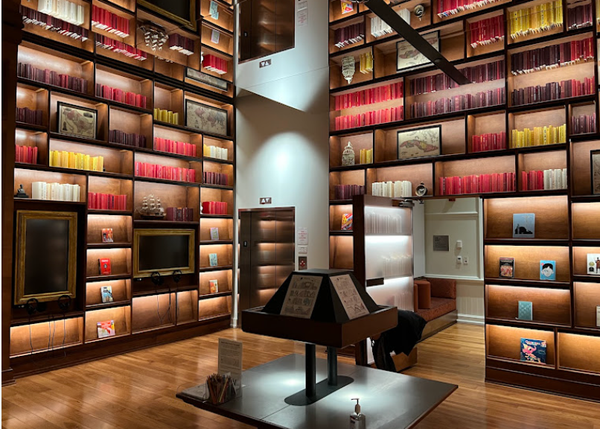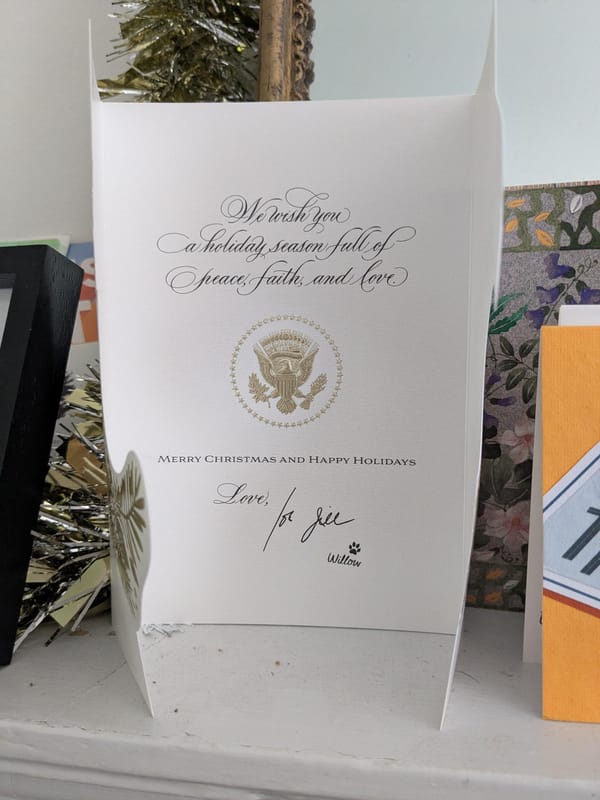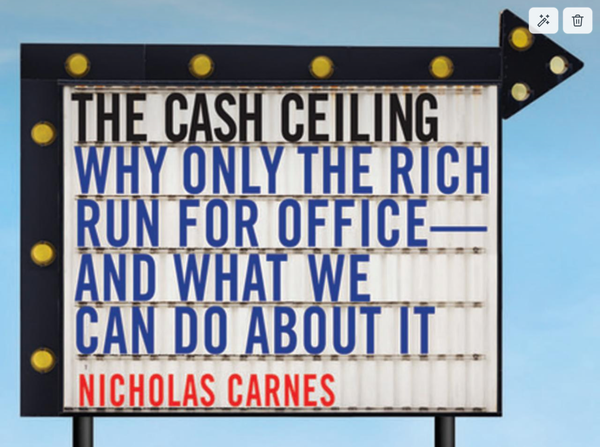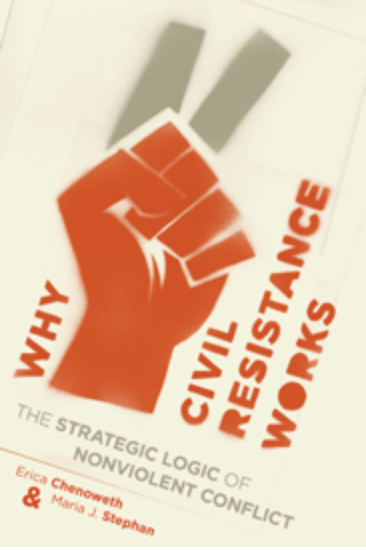The Plan #2: In Which I Make My Entrance
But I’m getting ahead of myself. To tell this story right, I should begin at the beginning.
At the same time as Altemeyer and Sande’s study, other things were happening in the world as well. If you were to leave the University of Manitoba, with its young faculty and their war games, and drive in a surprisingly straight line one thousand, four hundred and seventy miles due South, you would arrive in Austin, Texas. There, my own research was advancing rapidly, though in a very different direction. This was mostly because I was two years old, and most of the time my research was on a popsicle, which is the only thing I am wearing in most of the pictures that were taken of me that year.
My father was a PhD student at the University of Texas, and my mother was an organist at the Methodist church next to campus. I contributed to the family finances by selling 1-penny Dixie cups of apple juice to undergraduates on their way home from class. Except for the fire ants I got in my diaper that one time, I was happy.
It would be many years before I would begin my own PhD, years before I could even read for myself, but there was one lesson that my parents taught me from the very beginning. They taught me that books are good.
From reading to me in the womb, to bringing laundry baskets to the public library so that we could carry everything home, my devotion to books only intensified as I grew. New ones, old ones, used, borrowed, at Christmas and Hanukkah and birthdays and bedtime, and then after, with a yellow plastic flashlight too large for my hand. My parents taught me that life will be painful and not every surprise will be welcome, but books — books are good.
However, my parents swear that they have no idea where I developed another habit that started to show up early in life. This was my search for the Best.
It started out simply enough. Did I want ice cream? Of course! What flavor did I want? Well — what was the best flavor? This didn’t have any serious consequences, aside from holding up the line at Baskin Robbins, until I grew older and began thinking about a career. Suddenly I was being asked to choose the problem that I would use my life to try and solve. And I thought to myself, well — what is the best problem?
To me, this was the most obvious question I could have asked, no more complicated than the choice between chocolate brownie and mint chip. Out of all the problems to which I could devote myself, which one is the best important? Because that, obviously, is the one I should choose.
Many things have happened since then, but no matter where I have turned, whatever momentum I have had has been pushed by these two simple ideas. That I should find, and solve, the most important problem in the world — and that whatever answers there were, I would find them in books.
Decades later, who can really say what led a person to where they are. I could list the milestones as I see them. One milestone was choosing my first career at sixteen, when I learned about global warming in sophomore chemistry class — the next milestone was when I abandoned chemistry, after I learned about the political rejection of science, during college. Thinking of formative years, I would include the time in the wild woods of suburban Palo Alto with my mountain of bargain-bin books, walking past Steve Jobs’ stone cottage late at night as I searched for inspiration. I would include reading in my greenhouse bedroom by lamp until six in the morning, searching all over again for the right way to spend my life.
The new life I found had its own milestones, too: discovering the behavioral sciences, to replace the natural sciences. Graduate school in public policy and computer science, and twisting these fields together to transform our understanding of public opinion. If you were to ask about the experiences that shaped me, I would certainly talk about the years during which, I would like to think, the tools I built contributed to the national political wins of 2018 and 2020. Elections that were called, one after the other, “the most important election of our lives.”
But whether these were the events that really mattered, or simply the ones I remembered best, everything together had somehow brought me to where I was now. Thirty four years after Bob and Gerry were goading nineteen year olds into armageddon, I was sitting in a newly purchased swivel chair in the East Wing of a newly built office building, across a newly sanitized table from the Director of the National Science Foundation.
This would be a great honor, and the unambiguous pinnacle of my professional accomplishments — except the Director kept giving me strange looks, and it was starting to weird me out.
Subscribe to make sure you don't miss the next part!
And donate, to make sure I can stay alive to post it!



